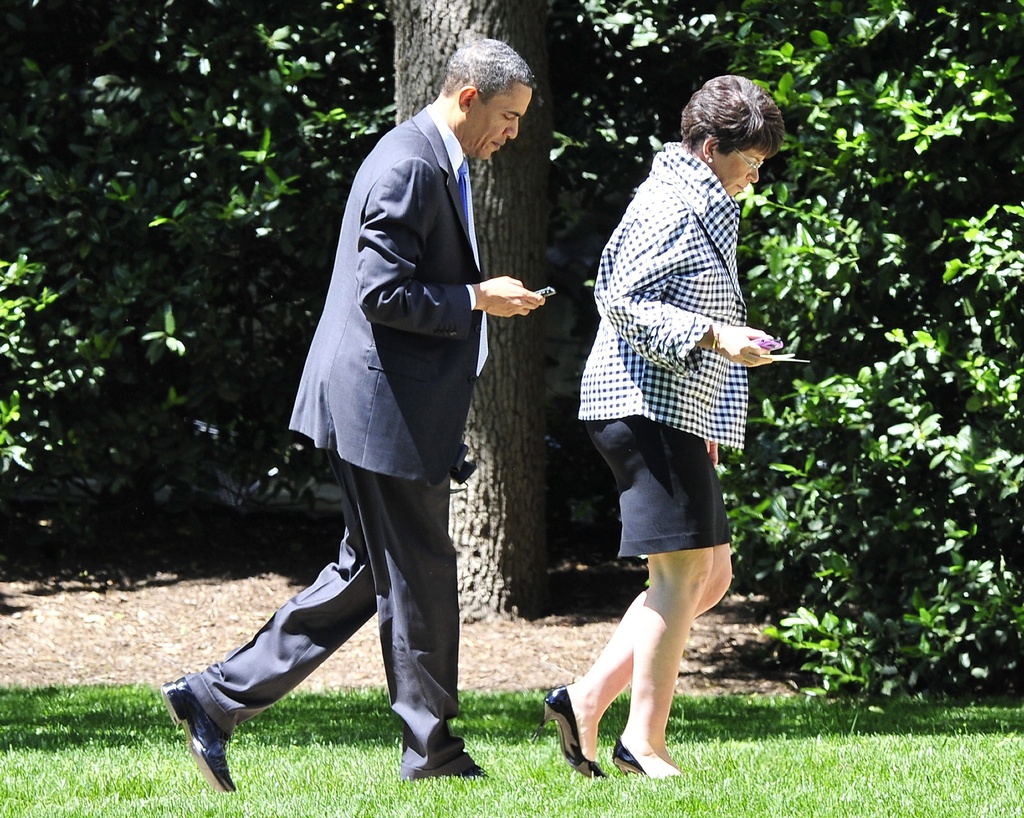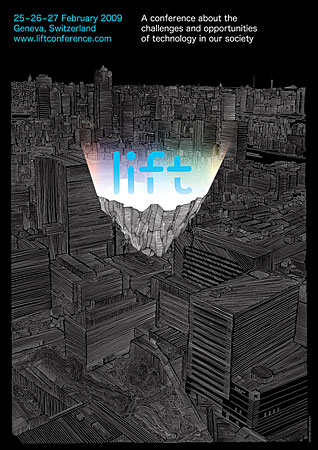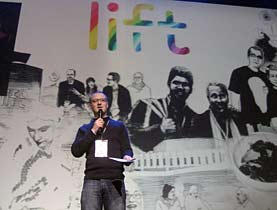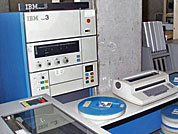Leaders use “Twiplomacy” to connect with public

Swiss ministers are lagging behind other world leaders, who are increasingly “tweeting” for greater transparency and to get their views across.
More than half of the heads of G20 member states now have an official Twitter account, according to Matthias Lüfkens, associate director for digital media at the World Economic Forum (WEF) organisation. But Swiss cabinet ministers are yet to sign up.
As he told swissinfo.ch, some like @BarackObama have 6.5 million followers, while others such as the EU President only have 6,500. All other G20 leaders are somewhere in between, but none of them tweet personally.
Lüfkens was in Geneva on Thursday giving a talk on “Twiplomacy” at the sixth new technology Lift conference, which brings together some 1,000 developers, designers, entrepreneurs, investors, media professionals and curious individuals from around the world.
swissinfo.ch: How are governments using Twitter?
Matthias Lüfkens: Around 60 governments worldwide are currently using social media via their presidential or prime minister’s Twitter accounts.
It’s worth pointing out that no Swiss cabinet member has yet opened a Twitter account [but the Swiss federal authorities in Bern and some federal offices have Twitter accounts].
To study this emerging phenomenon I analysed the 20 members of the G20, of whom 13 have understood the importance of using Twitter for their communication.
US President Barack Obama, who already started out using Twitter during his presidential campaign, now has some 6.5 million Twitter followers. Russian President Dmitri Medvedev started out last June with an account in English and another in Russian.
One of the most recent to open one is French President Nicolas Sarkozy – just last week in fact. The president and his team understand that it’s an essential tool in terms of communication but also to remain in contact with his G20 colleagues. Like any other Twitter user – some 200 million worldwide – heads of state can send each other messages that other people who are part of the network can’t see.
swissinfo.ch: Do presidents and heads of state really know how to get the most out of this instantaneous communication tool?
M.L.: I’d say those from North and South America are among the most active and most experienced using Twitter.
Brazilian President Dilma Rousseff, Argentinian President Cristina Kirchner and Chilean President Sebastian Piñera all use a very personal tone. Likewise, Venezuelan President Hugo Chavez often replies to the messages of his one million plus followers.
Even though, like the others, it is not Chavez himself who actually writes and sends the messages, the person who sends them must work closely enough with the president to be able to take on his personality. This also goes for the rest of the presidential teams who use this tool.
swissinfo.ch: So does this new media give government action a more “personal touch”?
M. L.: Absolutely. It’s even become a necessity in order that top officials are followed in large numbers and their messages are heard.
swissinfo.ch: But rather than encouraging democracy, is there not a danger that these new tools could be exploited by certain politicians?
M. L.: This risk exists. These new social networks, dominated by Facebook and Twitter, also allow governments to spot the emergence of protest movements. Police forces monitor social networks very closely.
But above all these new tools encourage greater transparency between governments and citizens. Thanks to these new media people have found a way of directly sending public messages to their leaders.
The same goes for all institutions; most big firms and traditional media outlets have already understood this aspect.
The time when governments had the upper hand over communication and information resources is definitely over. Social media is a new form of public space and a new political counter-balance in the citizens’ hands nationally and internationally, but also lower down at district and city levels. They enable the democratic system to become much more direct and participative.
Lift is a three-day international conference about current and emerging usage of digital technologies such as online communities, social media and computer games.
The sixth, Lift11, runs in Geneva from February 2-4, 2011. The event has grown from 350 participants in 2006 to 1,000 in 2011.
Under the theme “What can the future do for you?”, this year’s line-up includes more than 40 speakers, including Wikinomics’ Don Tapscott, Hublot’s Jean-Claude Biver,and Swiss astronaut Claude Nicolier.
Lift comprises a mix of developers, designers, entrepreneurs, investors, media professionals and curious individuals, with around 60 per cent coming from abroad.
Since Lift Conference was created in 2006, it has drawn to Geneva thousands of participants, organised separate events in South Korea and in France and prompted smaller Lift@home events in San Francisco, Moscow, Brussels, Seoul, Toronto, London, Zurich and Tokyo.
(Translated from French by Simon Bradley)

In compliance with the JTI standards
More: SWI swissinfo.ch certified by the Journalism Trust Initiative





You can find an overview of ongoing debates with our journalists here. Please join us!
If you want to start a conversation about a topic raised in this article or want to report factual errors, email us at english@swissinfo.ch.